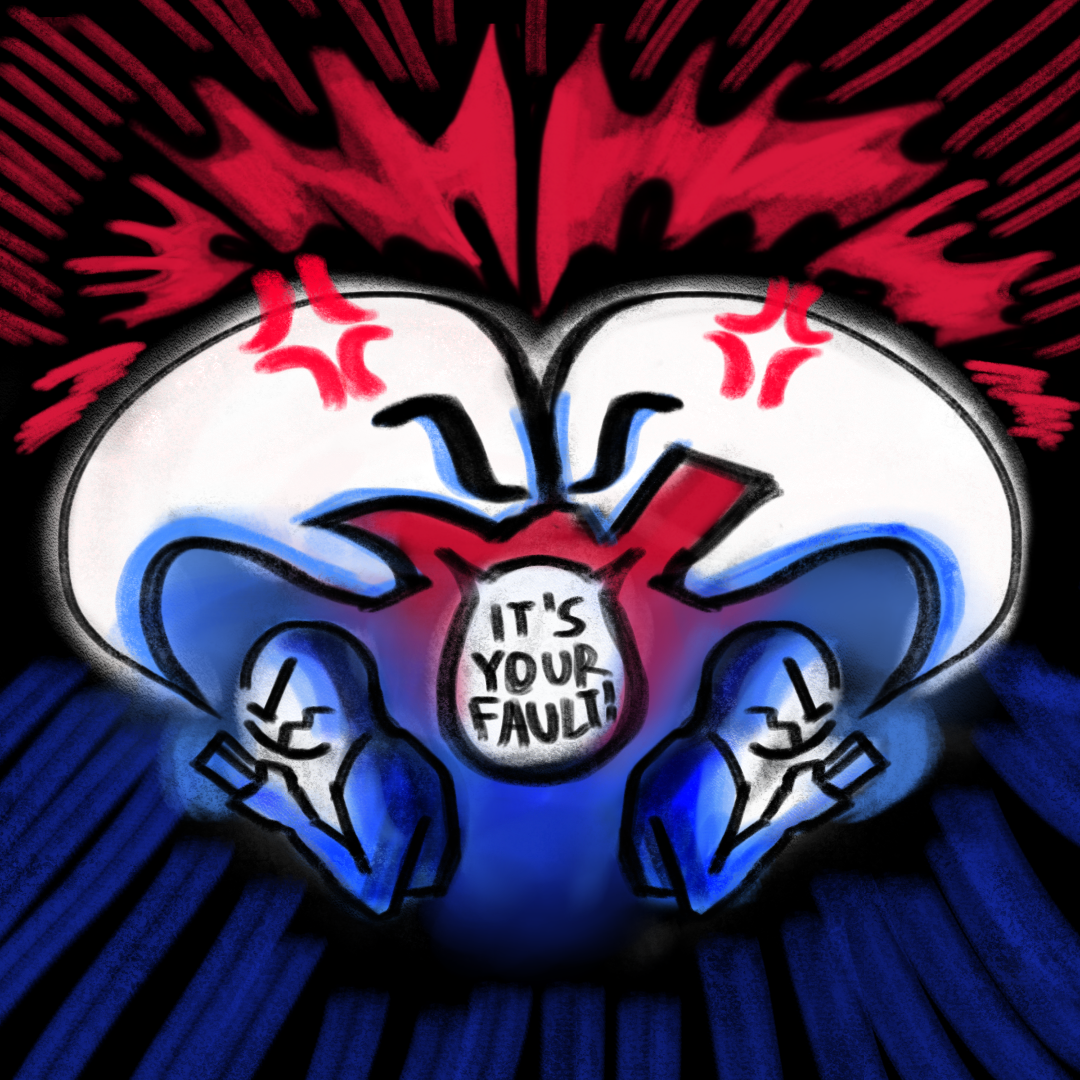Editor’s note: The Daily Aztec received this letter in response to an opinion column last month about abolishing Greek Life explaining her personal experiences with sexual assault. Because of the sensitive nature of the letter we have withheld the name of the author at her request.
I was raped right before I moved to San Diego my freshman year. Moving to a new place, far away from everything and everyone you know is already a challenge — but doing it after something as traumatic as being raped, is even more difficult. I had known him for years and we dated for a short time. He was a year older than me and had just finished his first year of college in Oregon, where he had rushed a fraternity.
It happened in a car right outside of my house with my entire family inside. And when it was all over, I tried to try to convince myself that I wanted it, even though the whole time I had been saying “no” and had been begging him to stop. All these years, I’ve carried around my shame for being too weak to walk away from him when I knew that it was wrong. The few people I did tell didn’t believe me and I was too ashamed to report it. A few rumors circulated and I was sent a lot of hate mail and anonymous messages calling me a “whore” and a “liar,” so I learned to keep quiet and to keep my head down.
There was one occasion where I almost reported it. It was at the Planned Parenthood that he made me go to, to make sure I wasn’t pregnant, because he had raped me without a condom. As they questioned me about who had hurt me, I just broke down and cried, because I couldn’t tell them that he was sitting in the next room. For a long time, I generalized my blame to his fraternity with the rationale, “if they can recruit someone like him, then they all must be bad.” And I think that this is the same thought that many people at SDSU and around the nation are thinking, as sexual assault has become a growing issue.
A member of a fraternity raped me; but San Diego State’s Greek life saved me. I only had one friend on my floor because I had so much trouble assimilating and she convinced me to rush, despite my reservations about it. I never was someone who had a lot of girlfriends and I never expected to find my place in a sorority, but looking back on it now, it was the best decision I could have made, because it gave me a safe place to be myself and helped remind me that my rapist didn’t define me. If I hadn’t joined Greek life, I wouldn’t be the woman I am today, which is why after 5 years of silence, I’ve chosen to share my story in hopes of defending it.
At first, I carried over my close-minded attitude toward fraternities. I suppose it’s true that fraternity parties have potential to be an environment for sexual assault to occur. But I think that that’s true of any party or environment where there’s alcohol, isolated areas and individuals who have bad intentions. Taking away the Greek system would not eliminate sexual assault, because the people perpetrating these crimes would still be here, only without letters. My rapist was in a fraternity long enough to have one active semester — do I believe that his membership in the fraternity made him a rapist? No. But I do believe that sometimes bad people get bids into houses. Recruitment isn’t perfect. It’s a week of talking to hundreds of people and trying to select the people you think share your interests and have the best interests of your house. It’s next to impossible to really get to know a person in a week, and it’s impossible to tell a person’s propensity for sexual assault just at a glance or from a couple conversations.
It has been suggested that abolishing Greek life could help solve the issue of sexual assault on campus, but taking away Greek life wouldn’t do much other than make things less organized and take away the school’s power to assign consequence for future misdeeds. Fraternities and sororities were created to withstand the test of time and to continue to exist even despite oppression or negative public opinion.
Pushing it underground would likely cause more problems rather than solutions. There are also allegations of sexual assault against athletes across the nation, but getting rid of collegiate sports has never been a serious consideration.
In the last semester, “7 out of 17 reported sexual assaults were ‘fraternity-related,’” which could mean a lot of things. Although connected to less than 50 percent of the reported sexual assaults on campus, the media has made the Greek community synonymous with sexual assault. Even trusted sources, like the SDSU Campus Police Department, have helped perpetuate this association, even if inadvertently. Just last month, one of the ‘Crime Alerts’ sent out to the entire student body incorrectly reported that a sexual assault had occurred at Theta Chi Fraternity. Theta Chi was wrongly associated with sexual assault to 34,000 students and the only follow up was one sentence with an updated address and the statement “this is not the Theta Chi house.”
Even despite my past as a sexual assault victim, I am very comfortable being at fraternities. A fellow rape survivor and I had a conversation recently where we both agreed that we generally feel safer at fraternities than we do walking around campus at night or at house parties. For me, there’s one fraternity in particular where I know that if I ever needed anything, any one of them would be there for me; so I am thankful that I didn’t let my rapist take the opportunity to know them away from me.
Some see Greek life as dividing the campus, but I feel that it does quite the opposite. Over the years, I’ve been privileged to know so many people in Panhellenic, IFC, USFC and NPHC that I never would have met if I weren’t in a house. We are all so different; our houses and ideals are all unique. Some are social, some are cultural; some are academic based; and others are for personal and leadership development, campus involvement or community service. It is my sincere belief that there is a place for everyone within Greek life, should you want to be a part of it. That being said Greek life isn’t perfect; and I’m not defending the actions of the people involved in the “Take Back the Night” incident or in the sexual assaults. But Greeks should be empowered to identify the individuals who are responsible for these occurrences without worry that by doing so, we may be endangering our entire community — our friends, sisters, brothers and our homes-away-from-home. I think that all 13 IFC chapters voluntarily giving up their socials out of respect for the events that occurred at “Take Back the Night” and the decision for every Greek chapter member to go through a sexual assault education course was a step in the right direction.
People are entitled to their opinions about the Greek system, but in times like these, people are looking for someone to blame. I understand this mentality, because it used to be mine — but blaming an entire group of people for the actions of a few, is the type groupthink that is truly detrimental, not Greek life.






